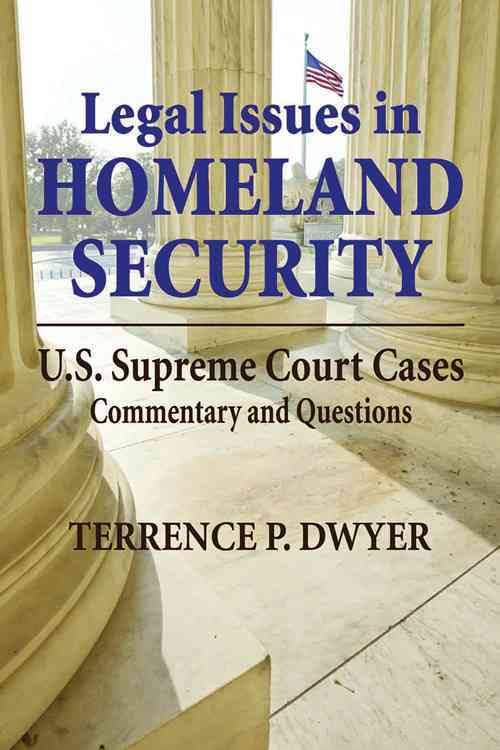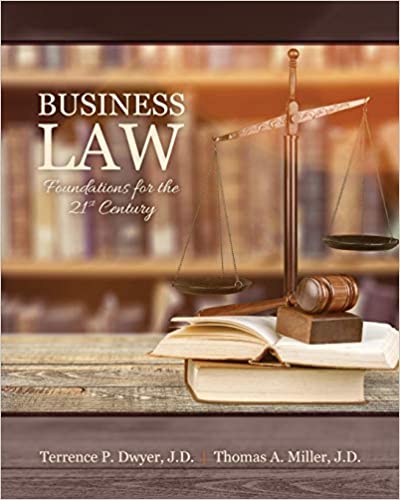On December 7 the U.S. Supreme Court in a per curiam opinion overruled a Michigan Court of Appeals decision which found officers had committed a Fourth Amendment violation after responding to a disturbance call of a man “going crazy.” The officers were dispatched to the Brownstown, Michigan residence and found a damaged pickup truck in the driveway with blood on the hood, damaged fence posts and broken house windows. Upon looking inside the home the officers saw Jeremy Fisher screaming and throwing objects. A knock on the door by the officers yielded no response. Eventually the officers were able to talk to Fisher from outside the house. He had a cut on his hand and they inquired as to if he needed medical attention. Fisher remained out of control, cursed at the officers and told them to get a warrant. One of the officers pushed open the front door, went part way into the house and saw Fisher with a rifle pointed at the officer. Fisher was eventually arrested for assault with a weapon and possession of a weapon. The evidence was suppressed at trial, upheld on appeal and let stand by the Michigan Supreme Court which denied leave to appeal. In overruling the Michigan court the U.S. Supreme Court in Michigan v. Fisher, 09-91, 12/07/09, clarified its prior decision in Brigham City v. Stuart, 547 U.S. 398 (2006) which identified an “emergency aid exception” to the Fourth Amendment warrant requirement. The Supreme Court acknowledged the “presumptive unreasonableness” of any police entry into the home without warrant but pointed out that the Fourth Amendment operates on a standard of reasonableness. The Court in Brigham City recognized the need for law enforcement to assist individuals in emergency situations and to enter a home without a warrant. The Michigan Court of Appeals erred by substituting the judgment made by the officer at the scene with its own determination of the level of emergency. Additionally, Fisher had argued that the failure of police to summon emergency medical help negated their claim of an emergency exception. The U.S. Supreme Court reiterated its prior determinations that an officer’s subjective intent has no basis in Fourth Amendment review, rather the standard being one of objective reasonableness. Hence, based on the information and circumstances confronting the officers at the time of their response to Fisher’s residence the inquiry is whether there was an objective reasonable basis for the officers to believe Fisher may have been in distress and needed assistance.
Thursday, December 31, 2009
Sunday, December 6, 2009
Attorney representation
In Falk v. Chittenden, 11 N.Y.3d 73, 862 N.Y.S.2d 839 (2008), the NYS Court of Appeals held that disqualification of an attorney representing a police officer in a disciplinary action was warranted when the officer's attorney previously represented the police supervisor bringing charges against the officer. Sounds reasonable enough except there is more to the story; the attorney was previously consulted by the supervisor regarding accusations the police officer made to municipal officials about him. The police supervisor met with the attorney and provided confidential paperwork to the attorney regarding the dispute with the officer. When the supervisor eventually filed charges against the officer the attorney he previously met with was at the disciplinary hearing representing the officer. The Court of Appeals, in referring to the Disciplinary Rules, pointed out that the prior relationship on substantially related matters and the "materially adverse" interests of the two clients created a conflict.
Sunday, November 22, 2009
Sarbanes-Oxley and Officer's False Statements
Last May the U.S. Court of Appeals for the 11th Circuit affirmed the conviction and ten month sentence of a police officer who was charged under Title 18 USC section 1519 for making a false entry in a police incident report. The significance of the case rests in the officer's argument on appeal as to the applicability of the statute which was passed as part of the Sarbanes-Oxley Act aimed at corporate fraud and corruption. While the court in U.S. v. Hunt, 526 F.3d 739 (11th Cir, 2008) the usefulness of that section of the Sarbanes-Oxley Act in combatting corporate crime the court held the statute had broad applicability. There is no safe haven for a police officer who lies in the course of their duties, especially when that lie is material to an investigation, and this statute provides another tool in a federal prosecutor's arsenal. Section 1519 provides as follows: Whoever knowingly alters, destroys,mutilates, conceals, covers up, falsifies, or makes a false entry in any record, document, or tangible object with the intent to impede, obstruct, or influence, the investigation or proper administration of any matter within the jurisdiction of any department or agency of the United States..., or in relation to or contemplation of any such matter or case, shall be [in violation of this statute.]
The U.S. Supreme Court has stated on numerous occasions that false statements are not to be given sanction under the law. In Nix v. Whiteside, 475 U.S.157 (1986) the Court held that the right to testify did not include the right to commit perjury. Further, in 1998 the Court rejected the due process challenge made by an employee who lied during an internal work related investigation and was disciplined, (LaChance v. Erickson, 522 U.S. 262). The Court said the due process right to notice and an opportunity to be heard provided for in Cleveland Board of Education v. Loudermill, 470 U.S.532 (1985) does not include the right to make false statements.
The U.S. Supreme Court has stated on numerous occasions that false statements are not to be given sanction under the law. In Nix v. Whiteside, 475 U.S.157 (1986) the Court held that the right to testify did not include the right to commit perjury. Further, in 1998 the Court rejected the due process challenge made by an employee who lied during an internal work related investigation and was disciplined, (LaChance v. Erickson, 522 U.S. 262). The Court said the due process right to notice and an opportunity to be heard provided for in Cleveland Board of Education v. Loudermill, 470 U.S.532 (1985) does not include the right to make false statements.
Sunday, November 15, 2009
U.S. Supreme Court Limits Vehicle Search Incident to Arrest Rule
On April 21st the U.S. Supreme Court issued its ruling in the case of Arizona v. Gant and in doing so sustained the holding of the Arizona Supreme Court. In this case the defendant after being stopped and arrested for driving with a suspended license was handcuffed and placed in the rear of a police vehicle. The police proceeded to search his vehicle and recovered cocaine in a jacket pocket. The U.S. Supreme Court agreed with the Arizona court that Gant was not within a reachable distance of the vehicle from which he could gain a weapon, thereby limiting the Court's prior holding in New York v. Belton, 453 U.S. 454 (1981). Additionally, the Court indicated that its prior holding in Thornton v. United States, 541 U.S. 615 (2004), that search of an arrestee's vehicle is proper if it is reasonable to believe the vehicle contains evidence of crime for which the driver was arrested, is of no help to the Arizona officers. In the Gant case the Court said it was not reasonable for the officer's to believe any evidence of the driving without a license offense would be retrieved from Gant's vehicle.
While this case limits the application of Belton it does not foreclose other lawful means for officers to search vehicles without a warrant, such as upon consent, an inventory, a Terry frisk, or under exigent circumstances. Certainly the legal justification for the search incident to arrest pursuant to Belton remains if the offender is still within reachable distance of the interior of the vehicle and it is reasonable that access to a weapon may be had. If there is reason to believe evidence of the offense resides in the vehicle then Thornton controls.
While this case limits the application of Belton it does not foreclose other lawful means for officers to search vehicles without a warrant, such as upon consent, an inventory, a Terry frisk, or under exigent circumstances. Certainly the legal justification for the search incident to arrest pursuant to Belton remains if the offender is still within reachable distance of the interior of the vehicle and it is reasonable that access to a weapon may be had. If there is reason to believe evidence of the offense resides in the vehicle then Thornton controls.
Subscribe to:
Posts (Atom)





